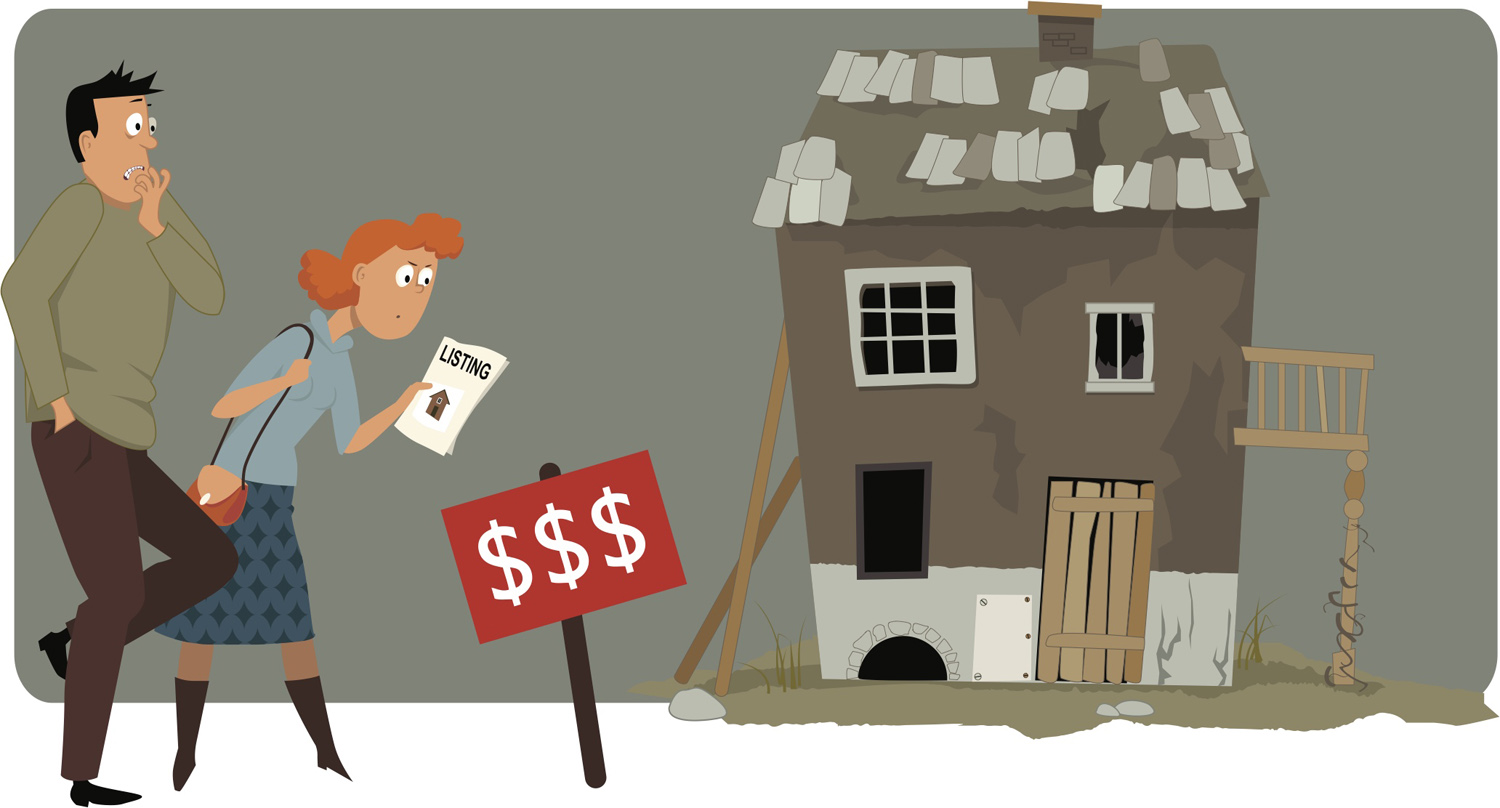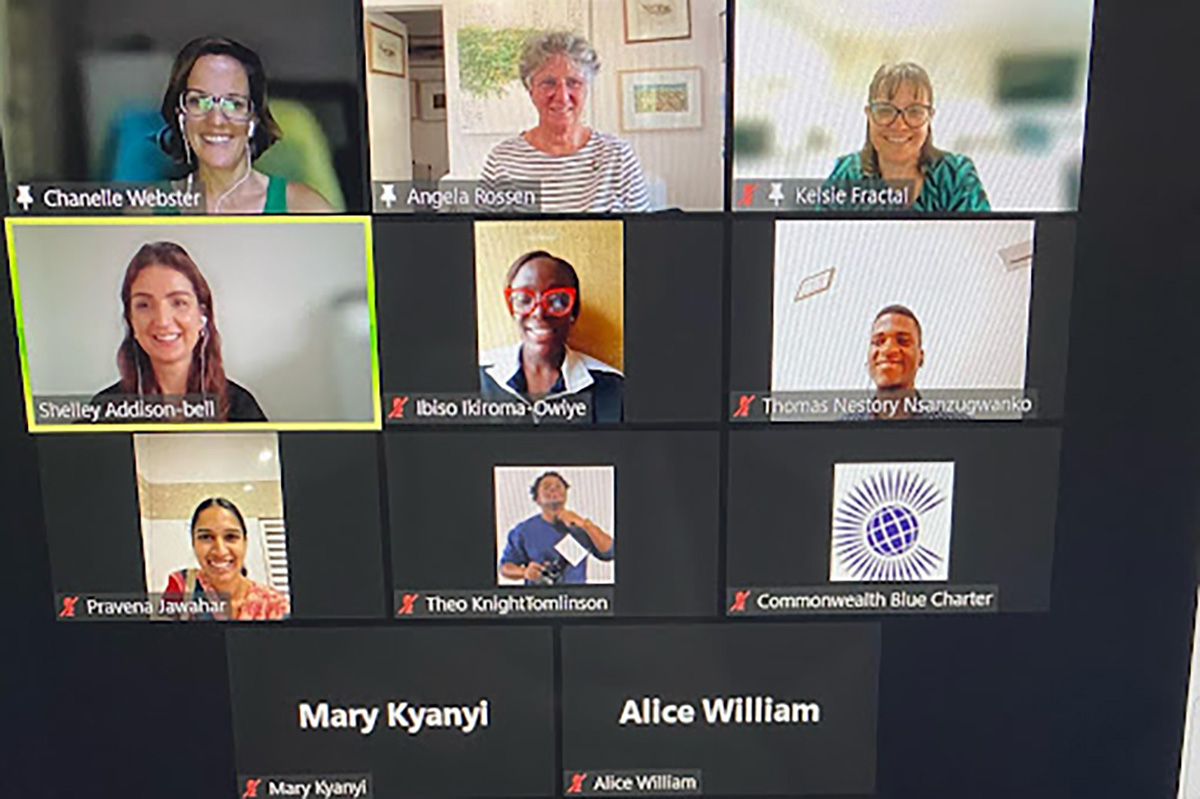Australia’s housing crisis is only becoming worse
June 19by Daniel Jack
The rising cost of living in Australia has resulted in many members of the Australian public experiencing significant financial struggles. Contributing to this mounting cost of living in particular, is an ever-worsening housing crisis.
With an expected shortfall of 106,000 homes over the next five years, the lack of affordable housing seems to be only increasing. The most affected by this shortfall will be Australia’s youth, who are struggling to even be able to afford a deposit.
These issues of housing shortage and high home prices are not exclusive to Australia’s abnormally expensive, cities. In fact, Australia’s regional districts have the highest annual inflation according to a report released by the Australian Bureau of Statistics.
There has been rather fervent debate in the Senate over Labor’s Housing Australia Future Fund (HAFF). The HAFF is Labor’s 10 billion dollar plan to bring financial support to the most adversely affected in the market.
The fundamental idea of the HAFF is to obtain 10 billion dollars and invest it in the stock market, with a portion of the proceeds being used to fund upcoming and ongoing housing developments.
But this bill has reached a roadblock in the Senate, with politics breaking up old friendships and bringing together unlikely opponents. Australians have seen this with the Coalition and Greens uniting to delay the bill put forward by Labour.
The Senate was alive on May 11, 2023 with all sorts of name-calling between Labour and Green members. Simon Birmingham of the Liberal party stated “Well, it’s always unfortunate to see lovers having a fight, isn’t it?”
Despite the Liberals and Greens uniting to block the HAFF bill, it’s for two very different reasons. The Coalition has raised concerns over the fact that this fund will use Commonwealth bonds during a time of rising inflation, and increased loan repayments. This has caused the Coalition to reject supporting this fund.
Unlike the Coalition’s concerns over the cost and effectiveness of the HAFF, the Greens are more concerned this is not enough.
“Our message to Labor is we will pass this bill straight away if you work with the states to get a freeze on rent increases and guarantee five billion to build public and genuinely affordable housing,” said Max Chandler-Mather, the Greens spokesman for housing.
Despite Mr Chandler’s remarks, Labor is sceptical of a rent freeze, claiming it will be ineffectual, pointing to near-historic vacancies for rental properties. A rent freeze usually drives down property development which would have adverse effects in a housing shortage.
Needless to say, the Senate is going to have to find unity on some proposal to provide relief to the Australian public. But no matter what is done, Australia will face housing supply issues for many years.






